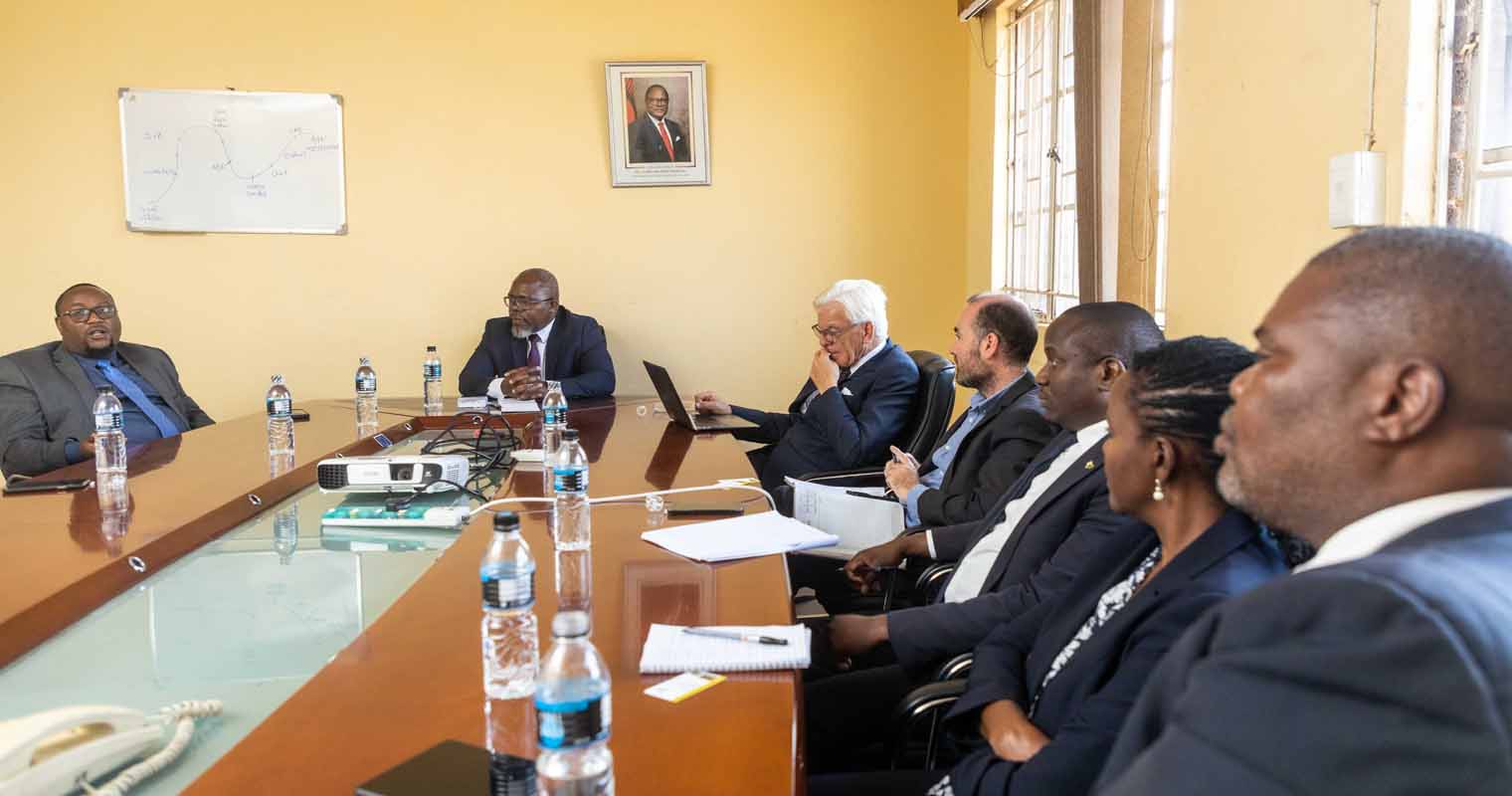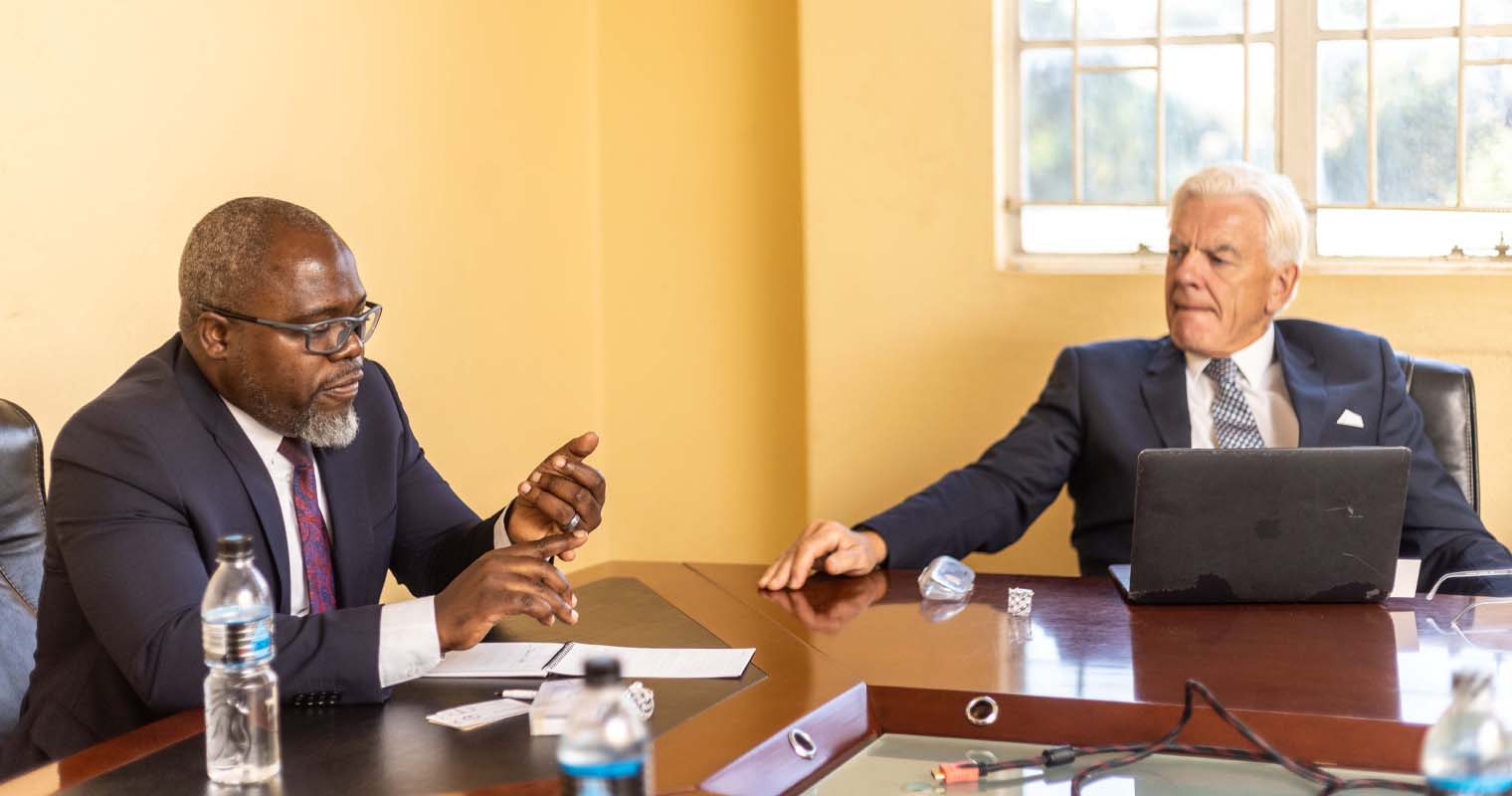A delegation from Zambia has commended the progress Malawi is making in implementing camp court activities which have seen a lot of vulnerable and poor Malawians with no access to private lawyers, being released from overstayed detention.
The delegation included representatives from the Legal Aid Board of Zambia, Supreme Court of Zambia, National Prosecution Authority, Zambia Correctional Services, Irish Embassy Lusaka, and Irish Rule of Law International.
On their learning visit at the Malawi Legal Aid Bureau Head Office on Tuesday, the legal gurus highlighted that there is a potential of applying the Malawian camp court model to address prison congestion in Zambia.
Executive Director for Legal Aid Board of Zambia, Humphrey Mweeba, has indicated that setting up camp courts is one way of respecting the rights of individuals and when he goes back home with the lessons, he will propose the institution of a committee to allow camp courts to operate.

“With the regulations we have (in Zambia), the system will be easy to implement because we still have paralegals working with correction facilities and we have civil societies stationed and working with the prisons.
“The only thing is that we don’t have courts coming to sit in to make sure that certain orders are made which are going to help decongest the prisons,” added Mweeba.
Malawi Legal Aid Bureau conducts camp courts in conjunction with other like-minded institutions including the Paralegal Advisory Service Institute -PASI and the Irish Rule of Law International.
PASI identifies detainees whose matters are delayed in court due to the absence of legal representation. Once camp courts are set, a magistrate goes to the prison facility with the detainees being represented by counsel from Legal Aid Bureau to have the matters heard. Through the ruling made in the setup courts, the vulnerable and poor Malawians obtain bails or acquittals where need be.
Director of Malawi Legal Aid Bureau, Trouble Kalua, believes Malawi is shining with the model since it has proven to be an efficient tool when it comes to dealing with prison congestion, assisting people that have overstayed without being taken to court and prolonged pre-trial detention.

“We can improve the system in the sense that we need to make it a more routine setup as opposed to the way we conduct on an ad-hoc basis and we also need to improve on how we can conduct these camp courts in all prisons.
“We also need to work on improving our working collaboration with the prosecution side in the sense that we should be able to invite all prosecutors that have been entrusted with all the matters we have in camp courts,” stressed Kalua.
Over the past year, representation of the Malawi Legal Aid Bureau in camp courts has seen over 310 people being granted bail with some being acquitted.
- 73 views

